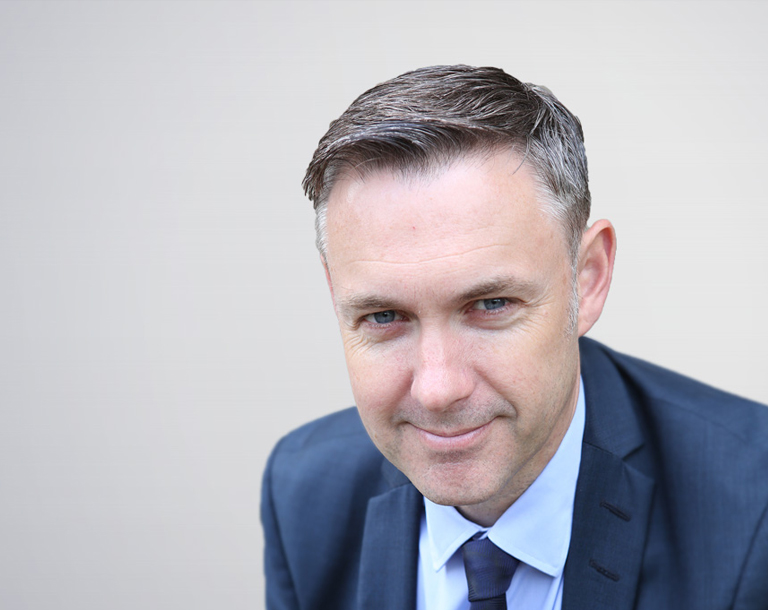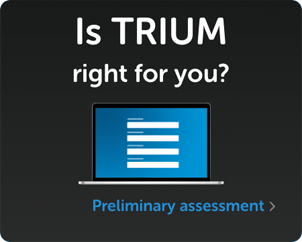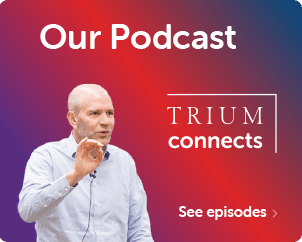

Professor Simon Hix
The TRIUM journey will begin at the London School of Economics where ‘Business in the Global Political Economy’ is explored alongside LSE’s world renowned faculty.
Professor Simon Hix is the Harold Laski Professor of Political Science at the LSE and the Academic Dean of the LSE Institute of Public Affairs. He joined the LSE in 1997, was promoted to Professor in 2004, and between 2012 and 2015 was Head of the LSE Department of Government. Simon is a Fellow of the British Academy, (pro bono) Chairman of www.VoteWatch.eu (an NGO in Brussels which tracks voting in the European Parliament and EU Council), and Associate Editor of the journal European Union Politics.
Simon is a leading researcher, teacher, and commentator in the field of EU politics and institutions in the UK. His research focuses on EU decision-making, public opinion concerning the EU, politics in the European Parliament, and the EU’s democratic accountability. He has published over 100 books and articles on various aspects of EU, European, British and comparative politics. In addition, he regularly gives evidence to committees in the House of Commons, House of Lords, and in the European Parliament, and he has advised the UK Cabinet Office and the Foreign and Commonwealth Office under both Labour and Conservative governments.
What do you enjoy most about teaching on TRIUM?
I have been teaching on the TRIUM for 12 years now and in that time the programme has grown in size and global reach. TRIUM has also become increasingly diverse; we have achieved a greater parity in terms of gender balance (although there is still much work to be done in this area), and welcome students from an ever wider range of ages and backgrounds. Such diversity is highly beneficial for cultivating a good classroom dynamic as a result of the broad range of corporate and entrepreneurial ideas and experiences that participants bring to the table.
The challenges posed by teaching on an executive education programme are very different from those encountered when teaching undergraduates or postgraduate students. TRIUM students often begin the course with no background in political science, but their enthusiasm as well as a diverse range of experiences and opinions enables the development of fascinating discussions about important topics such as Brexit, the rise of populism or Trump.
TRIUM students seek to interrogate the difficult question of whether democracy works. Not only have perspectives on this issue changed over time, but opinions inevitably differ within a classroom filled with international business leaders. Business leaders sometimes highlight the strategic advantages of non-democracies, but democracies are a much better vehicle for redistributing wealth within a society (for example through public spending). The key idea of democracies is that if leaders don’t honour their commitments, there is the option to vote them out. In a non-democracy there is no such opportunity.
What are your thoughts on the rise of populism vs globalism?
If we look at the recent German elections, we may not like the fact that the far right have made such inroads but at least the freedom to express ideology on a political stage still exists along with the opportunity for public debate. This is necessary and even healthy when rapid social and cultural change occurs. Democracy should be a safety valve for public debate to be reflected in the elections.
While we agree that diversity is good for successful societies, and it is likely that things will settle down with time, issues around perceived inequality, immigration and social integration, housing and unemployment have galvanised groups of people to become politically active in support of populist causes.
The economic downturn during the last 20 years and mass immigration has led the rise of populism; a coalition of people who feel disillusioned and under-represented. There are two types of people who form these populist groups: first, there is an industrial underclass of men in their 30s, 40’s and 50’s who used to vote for Socialist parties but have found their identities as workers eroded as a result of industrial decline. Second, there is the older generation in rural areas which is generally more socially conservative; the traditional values of this group have been challenged, both by the more liberal values of young people in urban areas and the influx of immigrants into their small communities. The result of this rapid transformation of social values acts as a ‘pincer movement’ of aging rural population and cities in decline.
In your opinion, how can business leaders prepare for Brexit?
Brexit can be seen as an opportunity, particularly for small businesses. The government will have to think about making greater infrastructural investments in healthcare, education and transport, which may potentially create more jobs.
What book are you currently reading that you would recommend to TRIUMers?
Tony Atkinson’s book “Inequality: What can be done?” Anthony was Thomas Piketty’s guru and a visiting professor at LSE. In the book he asks what lessons can be learned from societies across the world and throughout history. Why do some societies have lower inequality than others? Why did the UK and US have lower inequality in the 60’s? What was different about the structure of society, the economy, public spending in this period? How can we learn from this to address problems of inequality now?
Where in the world have you always wanted to go but never quite made it… yet?
I am a sea and surf person having grown up by the sea, so the South Pacific would be my destination of choice.






